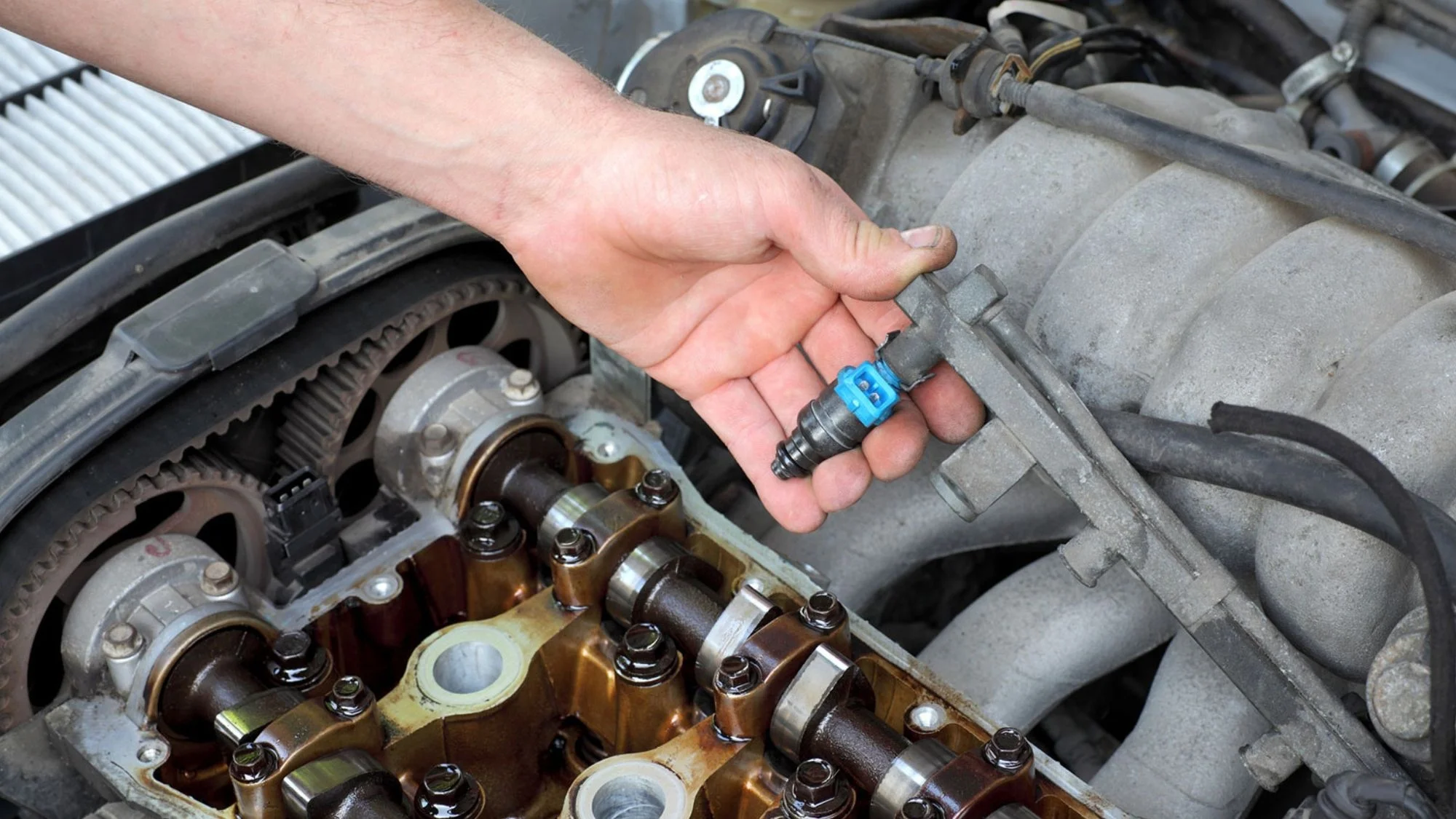Engine efficiency, fuel economy, and general performance depend much on diesel injectors. These small components ensure complete combustion because they send the fuel to the combustion chamber under high pressure which provides perfect atomisation. Due to defective diesel injectors, one may spot poor acceleration, an increase in emissions, and poor fuel economy.
Instant diesel injector repair and regular servicing is the lifesaver to prevent costly engine repair and maintain a continuous running. Modern diesel engines depend mostly on sophisticated injector technology; hence, their correct operation is essential for emissions compliance and power output. The important parts of diesel injectors, typical problems, and professional advice to guarantee optimal engine performance, avoiding breakdowns, are discussed in this paper.
Diesel Injector Functioning:
Diesel injectors are electrically driven valves that spray fuel into the combustion chamber at extremely high pressure. The ECU computes the precise amount and timing of fuel needed for ideal combustion. Fuel is atomised and sprayed as an ultra-fine mist on the injector opening so that there can be ideal burning and ultimate power. Efficiency is raised as modern common rail systems keep a continuous high pressure.
Wrong injectors can throw this process off course, causing misfires or unburned fuel. It is also easy to detect the wear or clogging early through routine inspections. Well fuelled economy, less emissions, and easy running engine all depend on good working injectors and, therefore, performance relies on them.
Evidence of a Failing Diesel Injector:
Rough idling, too much smoke (black or white), and loss of power, among other symptoms, point to a failing diesel injector. Common warnings are a misfiring engine or abrupt decreases in fuel economy. Leaking diesel injectors may produce a strong diesel scent or observable fuel around the motor. In extreme cases, a defective injector might activate the check engine light.
Neglecting these warnings may result in catalytic converter damage or piston problems. Diagnostic scans will find the faulty injector. Prompt Diesel Injector or replacement stops additional engine damage and restores peak performance. Early identification saves money and avoids failures.
Diesel Injector Cleaning Versus Replacement:
Diesel injectors that often get clogged ought to be cleaned rather than changed. Pollutants separated by ultrasonic cleaning are removed and spray patterns are restored. There are also special cleaning solvents that dislodge carbon deposits without destruction of the parts. For maximum performance, however, leaky or worn-out injectors must be replaced.
Cleaning is inexpensive for minor problems, but it will not repair mechanical wear. While OEM parts assure compatibility and extended life, low-cost alternatives are provided by aftermarket fuel injectors. Maintenance reduces costly repairs; diagnostic inspection determines whether cleaning or replacement is required. Seasoned Diesel Injector services provide precise calibration and testing for consistent performance. The proper solution saves money and maximises engine efficiency.
Emissions Consequences of Failing Diesel Injectors:
Failing diesel injectors boost poisonous emissions, cause MOT failure and damage the environment. The leaking injectors cause unburned fuel into exhausts hence increasing the hydrocarbons. Poor spray patterns cause incomplete burning, resulting in excess soot (black smoke). Misfires result in greater nitrogen oxide (NOx) emissions, a high pollutant.
New diesel engines rely on precise injector function to achieve Euro 6 requirements. In a properly maintained injector, cleaner emissions are created. Injector issues can be detected early using smog checks. Damaged injectors may be replaced or repaired, which is an economical way of saving fuel and polluting air. Functioning injectors enable eco-driving and emissions.
Performance Diesel Injector Upgrade:
Performance diesel injectors power engines more and more efficiently. High-flow injectors provide increased fuel flow for more torque and horsepower. Reconditioned nozzles enhance atomisation, leading to improved combustion. But changes need to be harmonious with the engine's ECU settings to prevent damage. Professional tuning takes fuel mapping to the limit for performance injectors.
Towing and racing are all about utilising performance injectors. OEM+ injectors offer reliability with minimal power gains. Installation and calibration avoid over-fueling or lean conditions. Upgrades best work in conjunction with upgraded air intake and exhaust systems for balanced performance. Selecting proper injectors optimises engine performance without compromising reliability.
Preventive Diesel Injector Maintenance:
Maintenance of diesel injectors is a simple way to save money by way of maintenance. Fuel filters should be replaced after every 20,000 miles in order to keep the impurities off the injectors. Use high quality diesel and free additives to reduce build-up of deposits. Periodic cleaning of injectors eliminates carbon deposits and enhances performance. Engine observation identifies early trends toward injector failure.
Preventing extended periods of low fuel prevents sediment from entering the system. Professional diagnosis finds trouble before it becomes a problem. Adhering to manufacturer service intervals keeps injectors well-maintained. Storing vehicles by season protects against breakdown due to fuel. Preventive maintenance prolongs the life of injectors, preventing engine hesitation and improving fuel economy.
Conclusion:
Diesel injectors are the hub of an engine's performance, fuel efficiency, and emissions. Warning signs of failure, if observed in time, good utilisation of quality fuel, and timely maintenance can avoid total malfunctions. Cleaning, replacement, or updating of injectors gives efficient combustion and power generation.
Injector Repair keeps emissions on target and expensive engine failures at bay. Drivers and automotive mechanics can have the benefits of an efficient and smooth operation of the diesel engines that run a longer life through correct maintenance of these engines as well as knowing how to use them.






